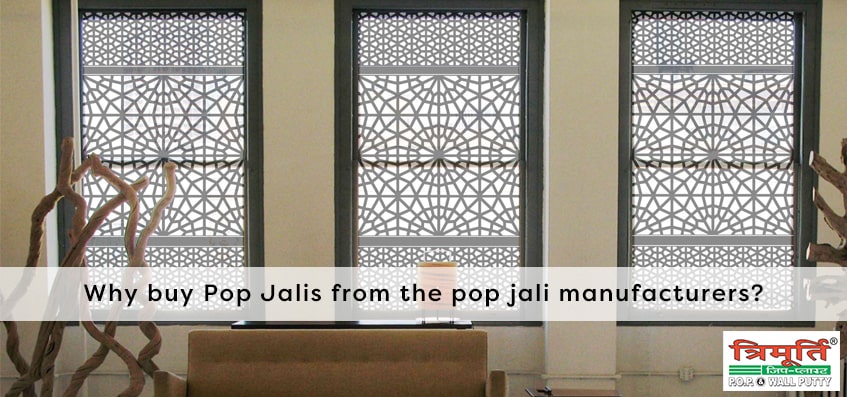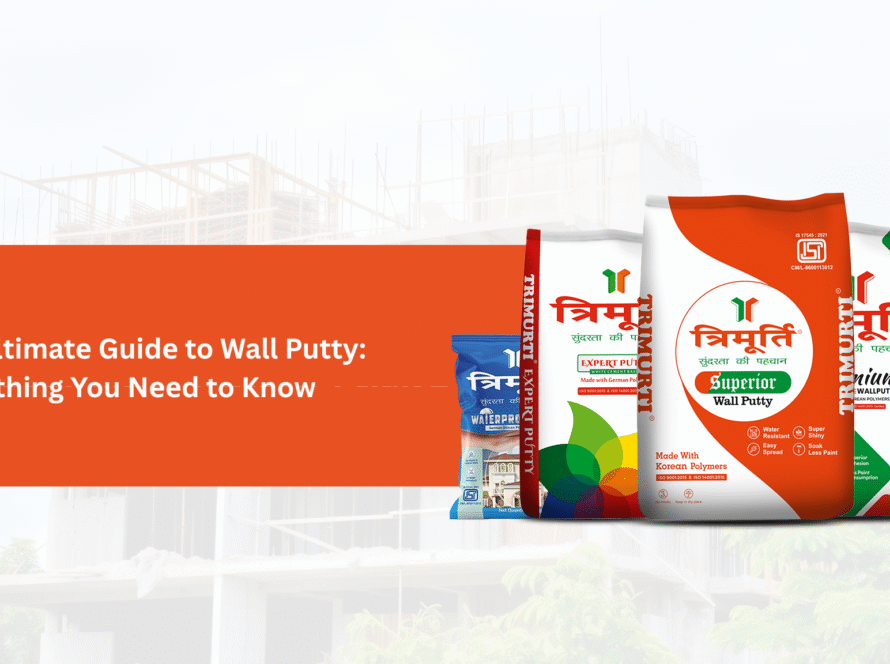The adhesive is an important part of the construction process. Be it residential or commercial, adhesives are used to ensure an appealing outdoor patio covered in gorgeous tiles. The contemporary makeover is done with the right choice of external tiles. For the same, choosing the appropriate glue is essential to making the vision a reality.
In contrast to the interior equivalents, outdoor tile adhesives have to survive more extreme weather conditions, temperature swings, and ongoing wear and tear. An expensive repair bill, detached tiles, and a nightmare situation can result from selecting the incorrect glue.
Hence, in this comprehensive guide, you will get a deep understanding of the external tile adhesive while understanding the key factors to choose the right adhesive for external tiles.
Understanding The Different Types of Tiles
Firstly, you need to recognize and understand the kind of tile you want to choose for your outdoor area. Here’s a summary of well-liked options and their salient features:
- Tiles Made of Ceramic and Porcelain: Most external tile adhesives can be used with these common and adaptable tiles. To manage potential movement and stress, a high-performance, flexible adhesive is advised for large format tiles (those larger than 12 by 12 inches).
- Stone Tiles: Natural stone tiles, such as granite, slate, or travertine, need particular maintenance. Hence, there are numerous adhesives available in the market that are distinctively designed for stone. These adhesives are made of non-polymers, modified to prevent discoloration, as they are frequently porous.
- Mosaic Tiles: A non-sag, pre-mixed adhesive is suitable for easier application and prevents the tiles from slipping during installation because of their smaller size and detailed designs.
The Substrate: The Basis for Your Initiative
The substrate, or surface on which the tiles will be installed, has a big impact on the adhesive choice. The adhesive compatibility of the following common substrates is listed:
- Concrete: The most popular substrate for outside tiles is concrete. Concrete can usually be used with thin-set mortar, an adhesive based on cement, as long as it has been adequately cured and is free of flaws or fissures.
- Plywood: To account for any wood movement brought on by variations in moisture, use a flexible thin-set mortar that has been treated with a polymer for outdoor plywood applications. Before tiling, make sure the plywood is correctly sealed and made for outdoor use.
- Existing Tiles: To guarantee correct adhesion to the existing surface when tiling over existing tiles, a strong-bonding epoxy-based glue is advised.
To guarantee compatibility and best results, always follow the manufacturer’s instructions for the adhesive and the tiles.
Adhesive’s Crucial Elements for Tiles
The substrate and tiles are the crucial factors to know. After this, you also need to know about the key factors to consider while choosing the tile adhesive for exterior tiles.
- Water Resistance: To survive multiple climates such as rain, pool splashes, or moisture from cleaning, external adhesives need to be extremely water-resistant. Hence, you must check the product label for “waterproof” or “exterior-grade” designations.
- Flexibility: Due to temperature variations or minor substrate settling, external parts are prone to movement. To prevent tile or grout cracking, a flexible adhesive that frequently contains polymers can adapt to this movement.
- Frost Resistance: To guarantee that the adhesive and tiles stay intact throughout the winter, the use of frost-resistant glue is recommended in locations that regularly experience below-freezing temperatures.
- Working Time: The amount of time you have to work with the mixed adhesive before it hardens is referred to as the “working time” or “open time.” Select an adhesive whose working duration is appropriate for the size of your project and your level of skill.
- Pot Life: This is the amount of time the combined glue can be used before it loses its usability. Take into account the pot life, the scope of the installation and the number of personnel involved.
External Tile Adhesive Types
There are many various kinds of external tile adhesives available, so knowing what they are can help you choose wisely:
- Thin-set Mortar: The most popular kind of mortar is called thin-set mortar. It is an adhesive made of cement and water. It is generally inexpensive and comes in modified and non-modified variants. This works well with most ceramic, porcelain, and certain stone tiles on concrete substrates.
- Mastics: The glue is paste-like and pre-mixed, perfect for tiny tasks. However, compared to thin-set mortar, mastics are typically less flexible and water-resistant, which makes them less appropriate for long-term outdoor applications.
- Epoxy Adhesives: These superior adhesives have outstanding chemical, water, and strength resistance. These materials are more expensive and require more careful application. They are perfect for high-activity areas, pools, and gluing disparate elements like stone tiles.
Certain factors like flexibility and water resistance are essential for external applications. You should prioritize certain aspects according to the particular needs of your project.
Also Read : Applications of Vermiculite Gypsum Plaster in Soundproofing and Acoustic Design
Takeaway
High-performing adhesives are available in the market. You need to choose the one according to the tile size and substrate. Polymer-based high-performance cement adhesives are well suited for external tile fixing.
Looking for the highest quality tile adhesive for exterior tiles India? Trimurti products provide exterior wall tile adhesive and tile adhesive for outdoor tiles. They are committed to providing the right solution for your tile adhesive needs. Reach them to find your best tile adhesive.





